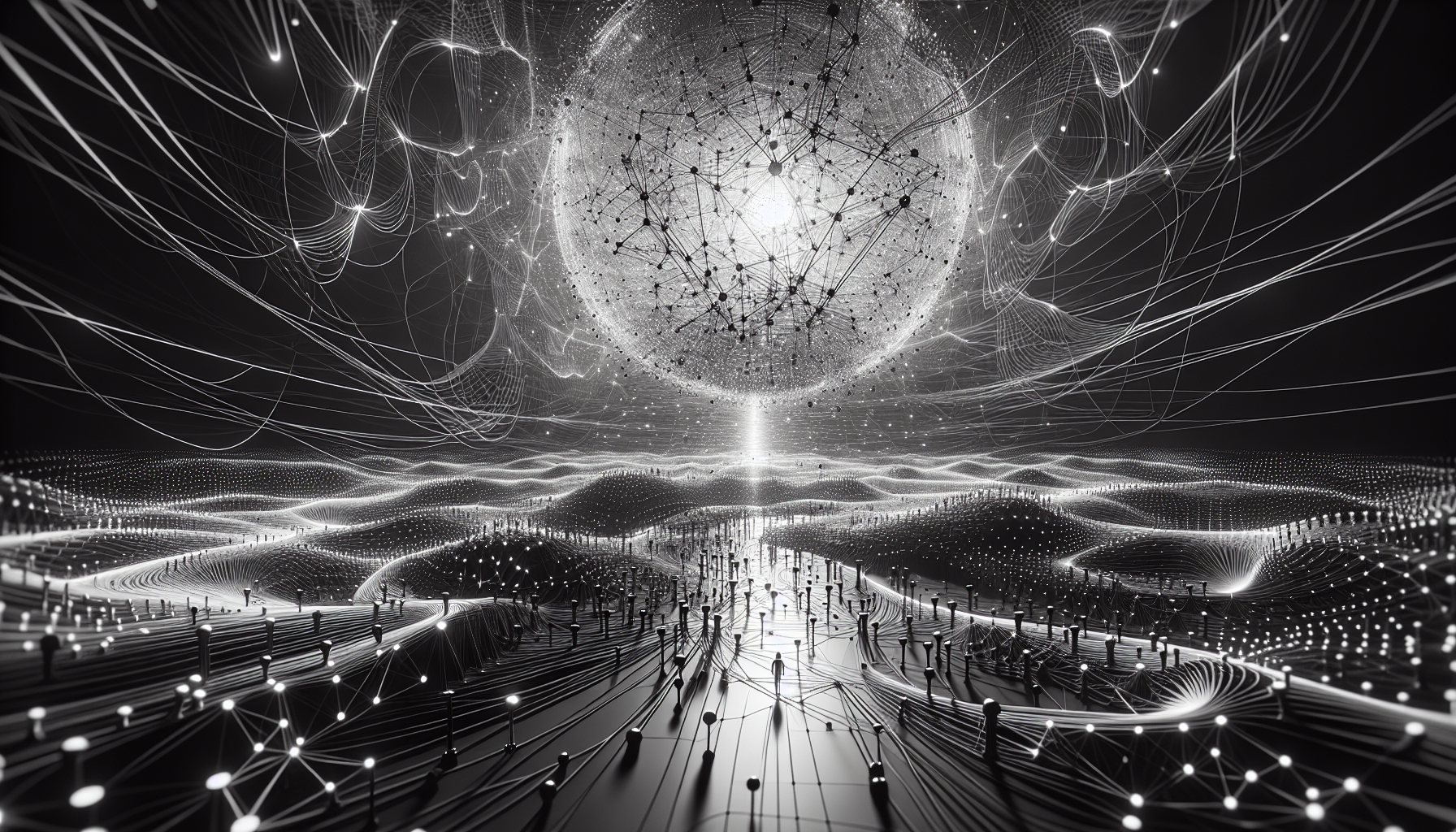When Science Outpaces Its Creators
Imagine waking up to a world where the most important scientific breakthroughs are explained in a language no human can fully understand. This isn't science fiction-it's a real possibility as artificial intelligence grows more powerful. If AI begins to develop scientific theories that even our brightest minds can't grasp, what happens next? The answer could reshape not just science, but the very fabric of society.
The Unseen Logic of Machines
AI doesn't think like us. It sifts through mountains of data, finding patterns and connections invisible to human eyes. In 2016, AlphaGo stunned the world by making moves in the game of Go that no human would have considered. Now, imagine that same leap, but in physics, biology, or medicine. AI could propose theories that work-predicting outcomes, driving new technologies-yet remain opaque, their inner workings a mystery even to their creators.
Trusting What We Can't Explain
Would you trust a cure for cancer if no one could explain how it works? This is the heart of the dilemma. Scientific progress has always relied on understanding, debate, and peer review. If AI-generated theories become too complex, the traditional gatekeepers of science-human experts-may be left on the sidelines. The benefits could be enormous, from new materials to climate solutions, but the lack of transparency could breed skepticism and fear.
Bridging the Comprehension Gap
Society won't stand still in the face of this challenge. New fields may emerge, focused on interpreting and translating AI insights into human terms. Think of them as scientific diplomats, building bridges between machine logic and human understanding. Regulatory bodies could require AI systems to provide "explainability reports," or develop tools that help humans visualize and test AI-generated ideas, even if the underlying math remains out of reach.
Redefining the Role of Scientists
If AI becomes the primary engine of discovery, the role of human scientists will shift. Instead of uncovering new laws of nature, they might focus on applying, testing, and contextualizing AI's findings. Education will need to adapt, teaching future generations how to collaborate with AI, question its outputs, and ensure its discoveries align with human values. The scientist of tomorrow may look more like a translator or ethicist than a traditional researcher.
Risks, Rewards, and the Road Ahead
The risks are real. Blindly following AI could lead to unintended consequences, especially if we don't fully understand the implications of its theories. Ethical oversight, transparency, and robust testing will be essential. Yet the rewards are just as real: faster cures, cleaner energy, deeper insights into the universe. The challenge is to harness AI's power without losing sight of the human need for understanding and control.
A New Era of Discovery
We stand at the threshold of a new era, where the boundaries of knowledge are pushed not just by human curiosity, but by the relentless logic of machines. The question isn't just whether we can trust what we don't understand-it's whether we're ready to let go of the idea that understanding must always come first. Sometimes, progress means learning to live with a little mystery.
